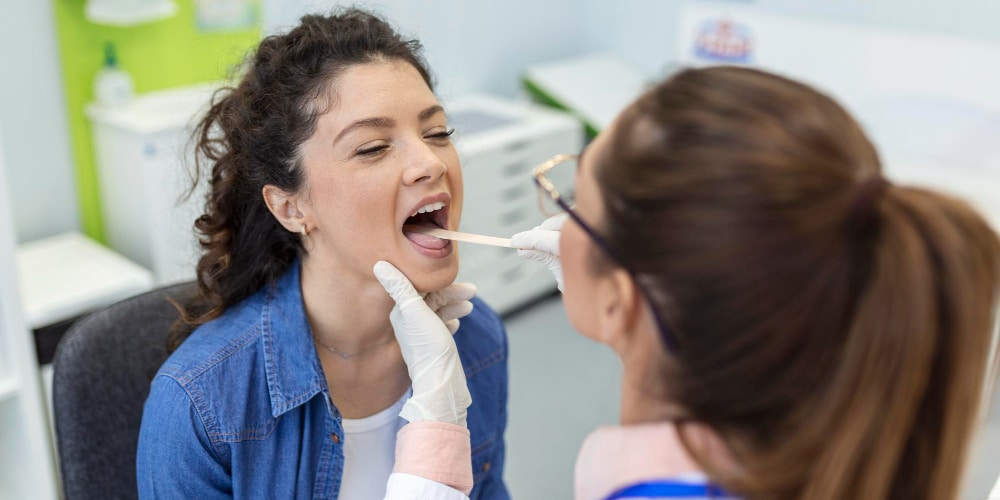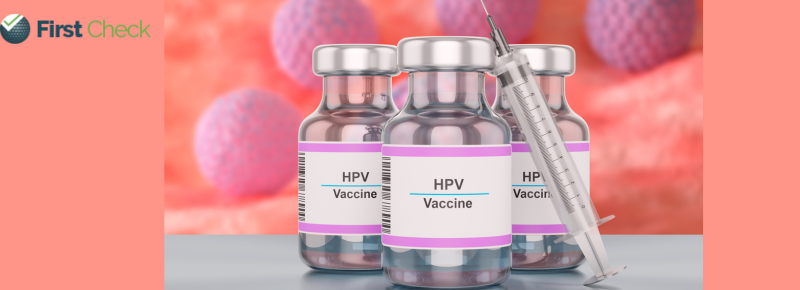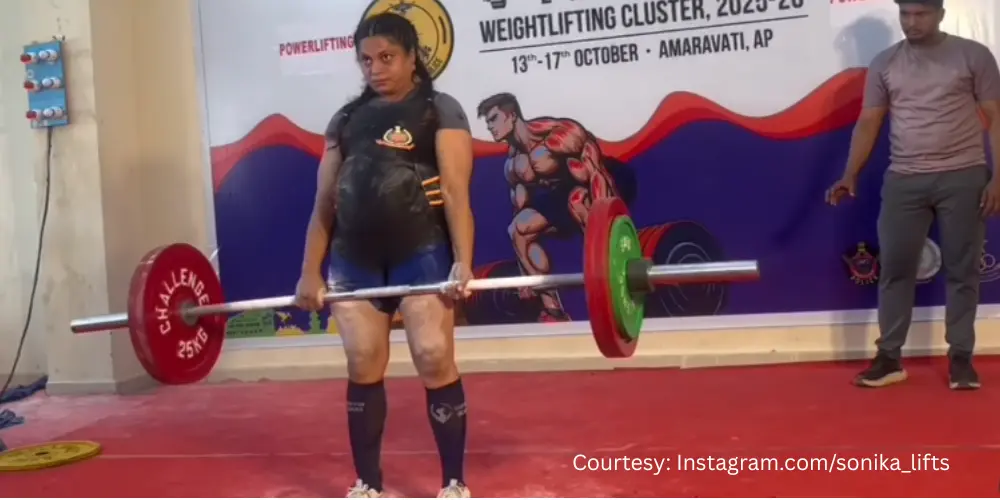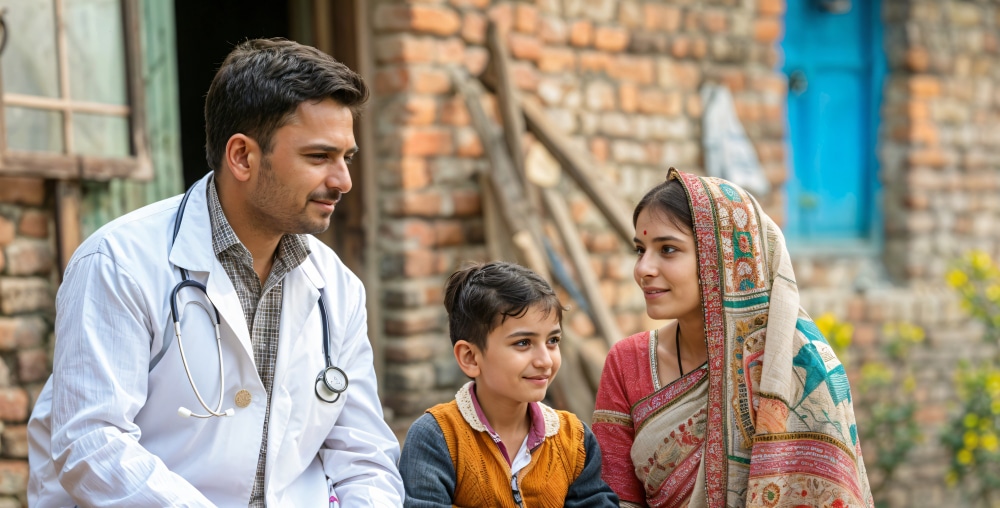FACT CHECK: Does your child’s body possess innate healing prowess?
While minor illnesses may not require medicine, serious symptoms necessitate prompt medical attention to prevent complications
Author
Author
- admin / 1 year

- 0
- 3 min read
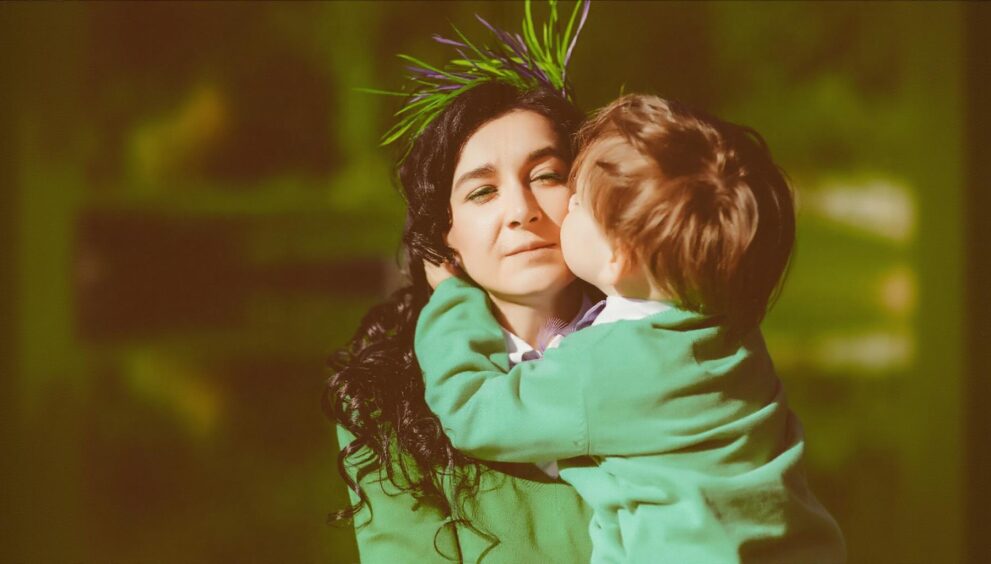
Author
CLAIM:
Your child’s body is born with everything it needs to heal, and we mess it up with pharma products
FACT:
Children are born with minimal immunity, which is not sufficient enough to protect the baby from deadly diseases
A First Check reader recently shared a Threads post by user free.range.momma, on our WhatsApp tipline, which claimed that children are born with innate self-healing capacities.

“IDK who needs to hear this but … your child’s body is born with everything it needs to heal … unless you go and mess it up with pHARMA products, that is,” reads the post that has over 500 likes.
This echoes other claims around the self-healing properties of the human body, according to which, the body is capable of developing the right inner ecosystem to cure many illnesses, given the right environment.
Team First Check looked at existing research and evidence, and spoke to experts to ascertain the facts.
A blanket statement about all children possessing an inherent healing mechanism is rather far-fetched.
In the case of “minor illnesses,” children may not even need medicine, according to a public-health advisory issued by the government of Australia. However, the same advisory also said that if a child doesn’t get better in 2 days, “it’s best to take them to a doctor,” and that “seeing the doctor early on in an illness can often prevent it from getting worse.” IT also advises to seek urgent care, if the child has fever and other symptoms.
In fact, the success of vaccines in reducing mortality helps to corroborate the effectiveness of pharmaceutical interventions. According to a research study published in The Lancet, “Since 1974, vaccination has averted 154 million deaths, including 146 million among children younger than 5 years of whom 101 million were infants younger than 1 year.” Further, a new University of California San Francisco (UCSF)-led study suggests that routinely treating children in Sub-Saharan Africa with a common antibiotic could reduce deaths in children under five.
The prime consideration here is that children have an immature immune system.
“We know babies are born with minimal immunity which is called INNATE IMMUNITY which comprises of minimal defence mechanism of baby and antibodies that are transferred from the mom through the placenta to baby. But that is not sufficient enough to protect the baby from deadly diseases hence we vaccinate them to give them active and passive immunity against the diseases,” explained Dr Yogesh Kumar Gupta, Consultant-Paediatrician and Intensivist at Fortis Hospital, Bangalore, while adding that such claims are “dangerous.”
“As babies grow they get exposed to various infections and body starts developing immunity against the common illnesses. So vaccinating and providing timely pharmacological agents to small babies on time can save lives and which we have seen over time and again with infant mortality and under 5 mortality rates coming down in last 5-6 decades,” he explained.
Also read: Study: Childhood vaccinations in India have reduced antibiotic use – First Check





